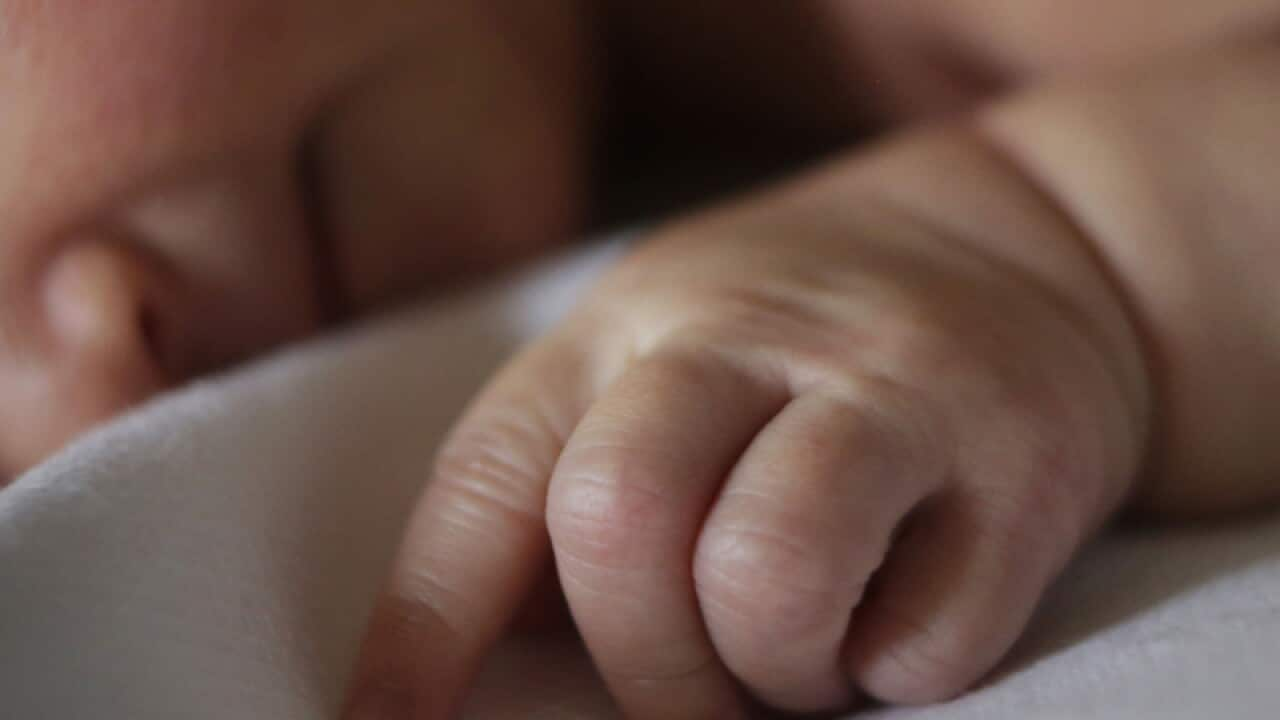A world-first study of over a million pregnancies in China has found a link between a specific type of air pollution and premature births.
PM-1 pollutants are caused by burning coal and vehicle emissions, which means Australians could also be at risk.
The study's Australian-based author, Dr Yuming Guo, says the research has looked at 1.3 million pregnancies.
Dr Guo, from Monash University, says it finds links between premature births and a very fine air pollutant known as PM-1, caused by coal-fired power stations and vehicle exhausts.
The research finds the risk of a pre-term birth increases by nine per cent if PM-1 levels rise by 10 micrograms over the pregnancy.
In areas of very high pollution, over 52 micrograms, the risk increases by 36 per cent.
Dr Guo says no country currently has air-pollution standards relating to PM-1, most only warning about PM-2.5.
"As of at this moment, no country has developed a standard for PM-1," he said.
“PM-1 is much smaller than PM-2.5. It might be a health risk for Australian people."
Compared with countries like China, Australia is considered to have relatively good air quality, but readings tend to look at larger particulates - the ones causing visible smog.
It is the smaller PM-1 pollutants that have analysts like Bronya Lipski, from Environmental Justice Australia, concerned.
"Because it is so small, it can get into the body in ways that larger particles can't necessarily get into the body,” she said.
“So, if you've got like a little bit of pollution that's ... like a PM-1 pollution, it gets into the bloodstream. And if it gets into the bloodstream, it can go anywhere inside the body. And it will often attach itself to various areas of the body and produce cancers or contribute to a range of other health issues."
Mother Jess Burdus says parents would appreciate any information about what may cause premature babies.
Ms Bardus and her partner, Tyson Master, had a daughter, Jasmine, born in Sydney 11 weeks early.
“It has been a pretty rocky road for her from the beginning,” Ms Bardus said.
“She had silent reflux and colic. She didn't feed very well. She wasn't getting enough food. She wasn't putting on enough weight. And all those things are very common for premature babies."
Familiar with the challenges faced by infants born prematurely, Ms Burdus says she would like to know all measures are being taken to reduce the risk.
"There are so many complications in pregnancy, but the more that we can learn about why babies are delivered prematurely will definitely help."
The study's authors are calling for an urgent global review of air-pollution standards.

